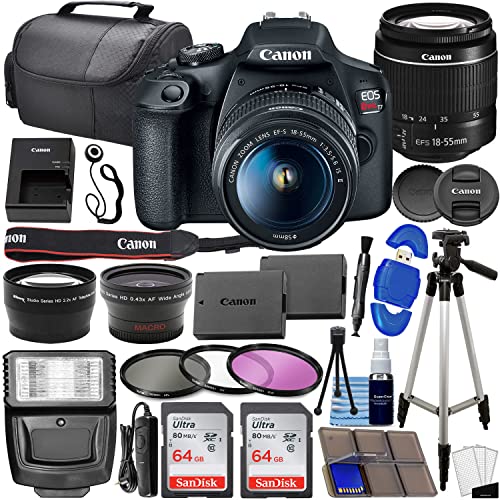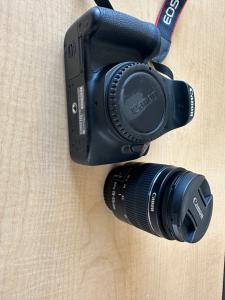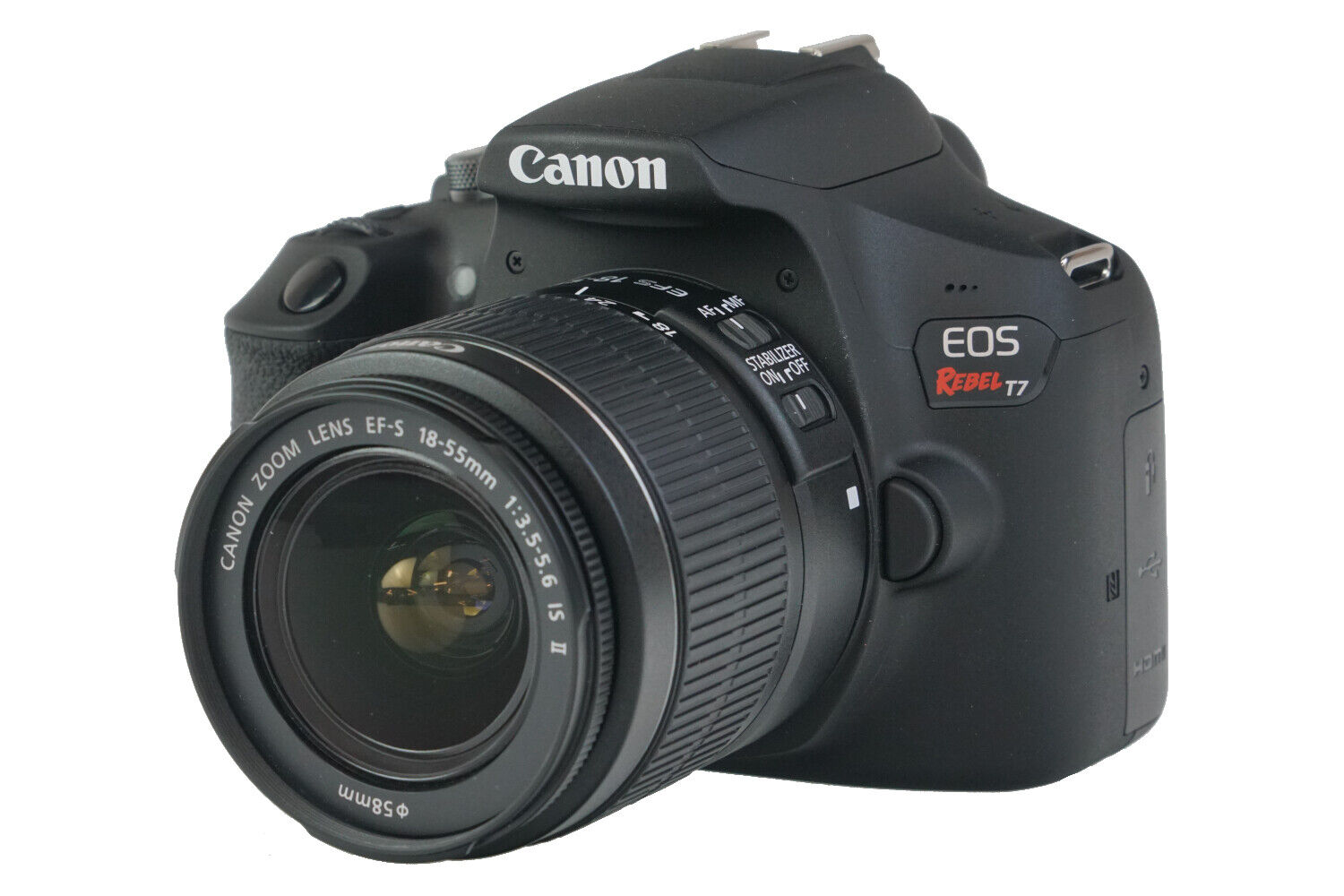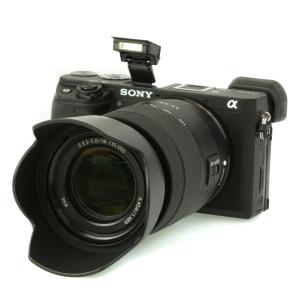There are many different types of cameras available on the market today, each with its own unique features and benefits. When choosing the perfect camera for you, it's important to consider the type of photography you will be doing and your skill level.
1. Point and Shoot Cameras:
Point and shoot cameras are perfect for beginners or casual photographers who want a simple, easy-to-use camera. These cameras are portable and compact, making them great for everyday use. They also typically have automatic settings that make it easy to capture great photos without having to adjust any settings.
2. DSLR Cameras:
DSLR cameras are more advanced and offer greater control over manual settings, making them a popular choice among professional photographers. These cameras have interchangeable lenses, allowing you to switch out lenses depending on the type of photography you are doing. DSLRs also have larger image sensors, providing higher image quality and better performance in low light conditions.
3. Mirrorless Cameras:
Mirrorless cameras are a newer type of camera that combine the portability of point and shoot cameras with the advanced features of DSLRs. These cameras have interchangeable lenses and offer great image quality, making them a versatile option for photographers of all skill levels. Mirrorless cameras are also generally smaller and lighter than DSLRs, making them a great option for travel photography.
Tech Specs
When it comes to choosing the perfect camera for your needs, understanding the technical specifications is crucial. Here are some key factors to consider:
1. Megapixels: One of the most talked-about specs, megapixels determine the resolution of your images. However, more megapixels doesn't always mean better quality. Consider how you will be using the photos before getting caught up in the numbers.
2. Sensor Size: The sensor size impacts the camera's ability to capture light and detail. Larger sensors generally produce better image quality, especially in low light conditions.
3. Lens Compatibility: If you plan on expanding your photography skills in the future, choosing a camera with interchangeable lenses gives you more versatility. Make sure to check which lenses are compatible with the camera you are considering.
Budget Considerations
When choosing the perfect camera for your needs, one of the most important considerations is your budget. Cameras can range from very affordable to extremely expensive, so it's essential to determine how much you are willing to spend before making a decision.
If you are a beginner or someone who just wants to take casual photos, a budget-friendly point-and-shoot camera may be the best option for you. These cameras are typically simpler to use and more affordable than DSLR or mirrorless cameras. They are a great choice for those who are just starting out or simply want a convenient camera for everyday use.
On the other hand, if you are a more serious photographer or looking to take your photography to the next level, investing in a higher-end camera may be worth the extra cost. DSLR and mirrorless cameras offer more advanced features and better image quality than point-and-shoot cameras, but they also come with a higher price tag.
When setting your budget, don't forget to factor in the cost of accessories such as lenses, memory cards, and camera bags. These additional items can add up quickly, so make sure to leave room in your budget for them. Remember, the perfect camera for you is one that not only fits your needs but also your budget.
Final Decision
If you're a beginner looking for a simple point-and-shoot option, consider a compact digital camera. These are easy to use and perfect for capturing everyday moments with friends and family. They are also typically more affordable than other camera types, making them a great choice for those on a budget.
For those looking to take their photography to the next level, a DSLR camera might be the way to go. These cameras offer interchangeable lenses, manual controls, and the ability to capture high-quality photos in a variety of settings. While they may be a bit bulkier and more expensive, the versatility and image quality they provide make them worth the investment for serious photographers.
Mirrorless cameras are a great option for those who want the flexibility and image quality of a DSLR in a more compact and lightweight package. They offer interchangeable lenses, manual controls, and excellent image quality, all while being easier to carry around than a bulky DSLR. With advancements in technology, mirrorless cameras are becoming increasingly popular among photographers of all levels.




